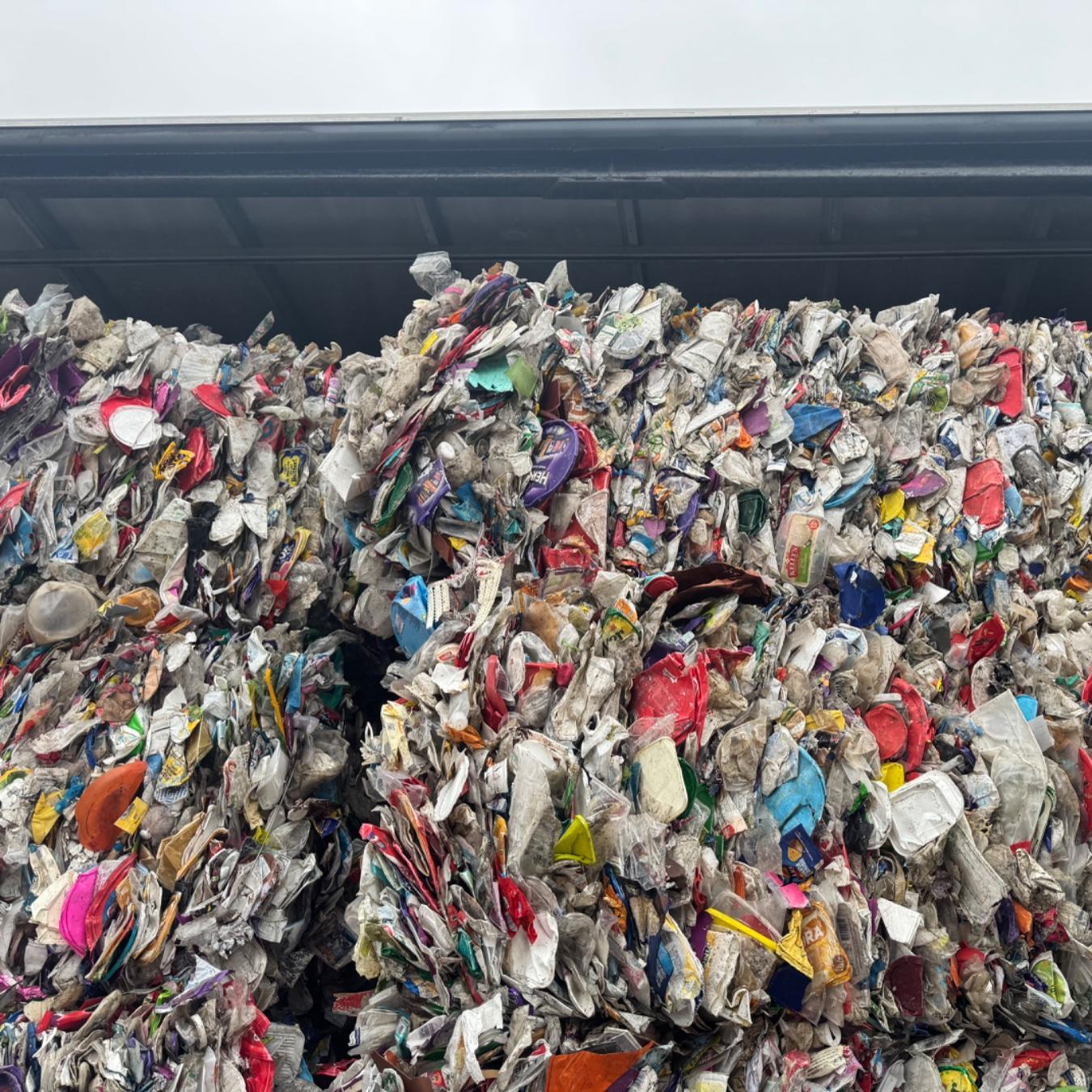
Polypropylene (PP) Scrap
Product Name: Polypropylene (PP) Scrap
Material Type: Polypropylene (PP)
Form: Shredded pieces, bales, or granules (depending on the source and processing requirements)
Color: Mixed colors or natural/white (as per availability)
Origin: Germany
Purity: 90% – 100% PP content (minimal contamination)
Density: 0.90 g/cm³
Size: Typically 1 cm – 10 cm pieces or flakes (customizable for customer needs)
Moisture Content: Less than 1%
Packaging: Baled, bagged, or in bulk, based on customer preferences
Contaminants: Free from PVC, metals, paper, glass, and other foreign materials
Recyclability: 100% recyclable into a wide range of products, including automotive parts, packaging, and consumer goods
Environmental Compliance: Processed according to Germany’s strict recycling and environmental regulations
Certification: Compliant with international recycling standards (FDA, EU regulations, REACH certified upon request)
Description
Polypropylene (PP) Scrap consists of post-consumer and post-industrial polypropylene (PP) materials that are no longer in use. Polypropylene is a versatile thermoplastic polymer known for its high chemical resistance, durability, and low moisture absorption. This scrap material typically comes from packaging, automotive parts, consumer products, and industrial applications. The PP Scrap is collected, sorted, and cleaned to remove contaminants before being processed for recycling. Sourced from Germany, this scrap adheres to strict environmental standards and offers excellent potential for reuse in various industries.
Application:
Polypropylene (PP) Scrap is highly versatile and can be recycled into numerous products for various industries:
- Packaging Industry: Recycled into new packaging materials, including food containers, bottles, and wrapping films.
- Automotive Industry: Used to manufacture interior parts such as dashboards, bumpers, and trims.
- Construction Industry: Reprocessed into plastic pipes, fittings, and construction films.
- Consumer Goods: Recycled into products like storage containers, furniture, and household items.
- Textile Industry: Converted into fibers for carpets, upholstery, and synthetic fabrics.
- Medical Industry: Recycled into non-medical grade plastic parts for various applications.
- Recycling Industry: Essential for reducing plastic waste and supporting a circular economy by converting scrap into new products.
